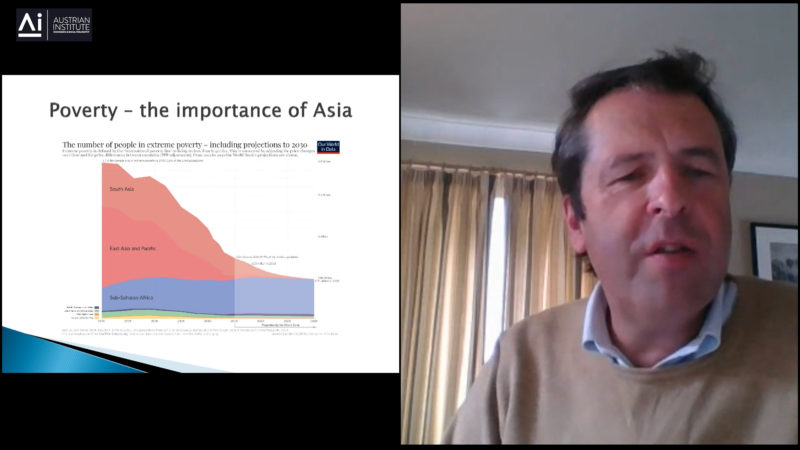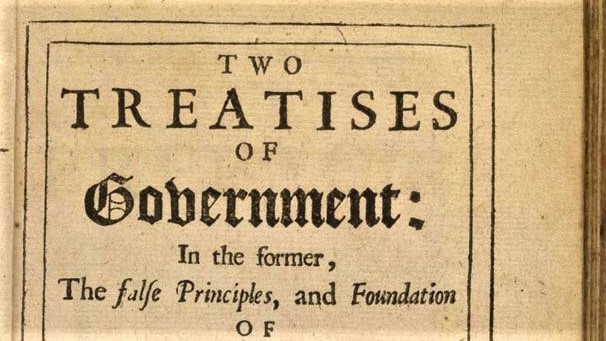Our Superstate: Controlled by Party Headquarters, Bureaucracies—and Central Banks
A new book by Beat Kappeler shows that the separation of powers is being undermined, parliaments are being commanded by governments and bureaucracies, and the debt economy is being financed by central banks. The author also proposes remedies for these issues.
Has Liberalism Failed? Patrick Deneen’s Populist Anti-Liberalism: A Catholic Classical Liberal’s Response
In his book “Why Liberalism Failed” Patrick Deneen deals with all varieties of Liberalism. They are the fruit of a false image of man – an assertion which, however, proves to be questionable on closer inspection.
F.A. Hayek on the Discovery, Use, and Transmission of Knowledge
This September marked the 75th anniversary of F.A. Hayek’s pivotal essay “The Use of Knowledge in Society.” It is not only a noteworthy advance in Hayek’s critique of central planning. Hayek’s insights about competition as a ‘discovery procedure’ also provides conceptual tools for other forms of institutional analysis.
Fury vs. Freedom: The New Left-Right Conflict
Today, social debates are ignited from the political margins. When democracy is in crisis and social cohesion is crumbling, it is time for intellectuals to focus on the essentials. What is needed is an anti-totalitarian self-enlightenment from the political center.
“Irrational Stock Exchanges” and the Wirecard Scandal: On the Blanket Suspicion of Financial Capitalism
Joint stock companies and stock exchanges have made the upswing of modern economies possible. However, they have always been suspected of serving the greed of a few. What, then, is the function of “financial capitalism”?












